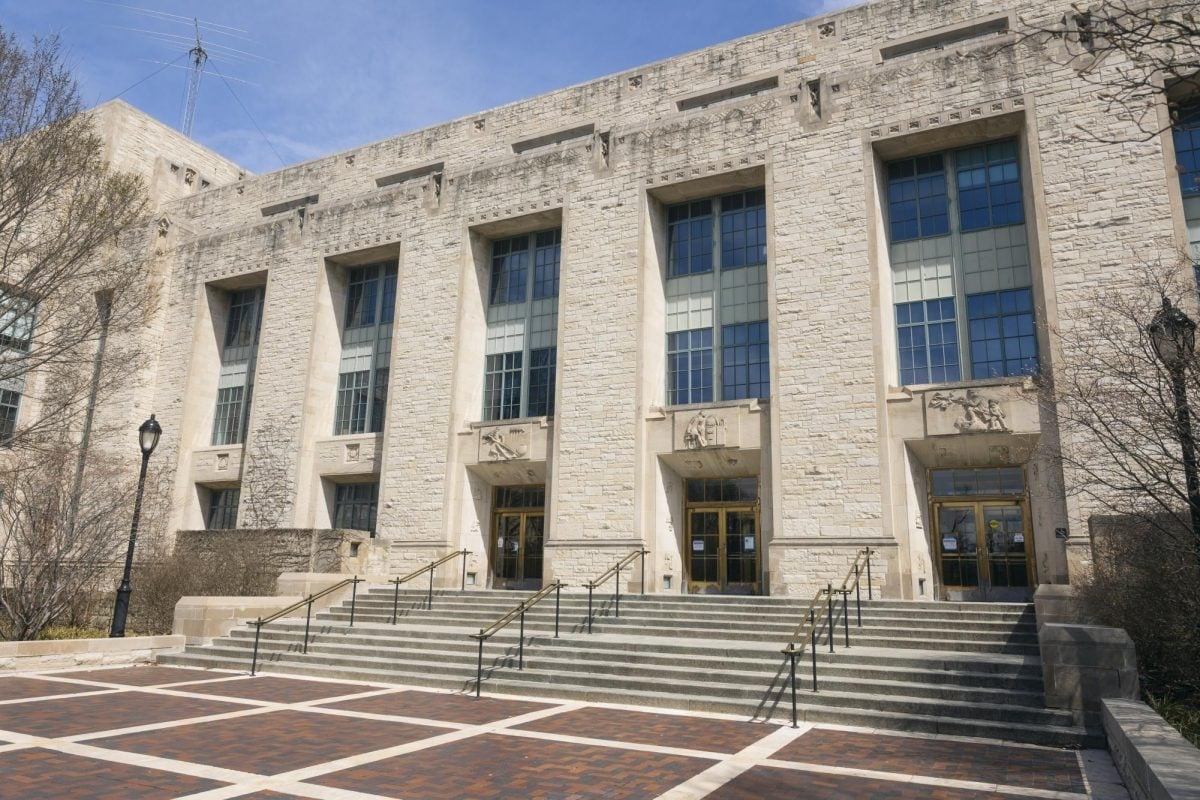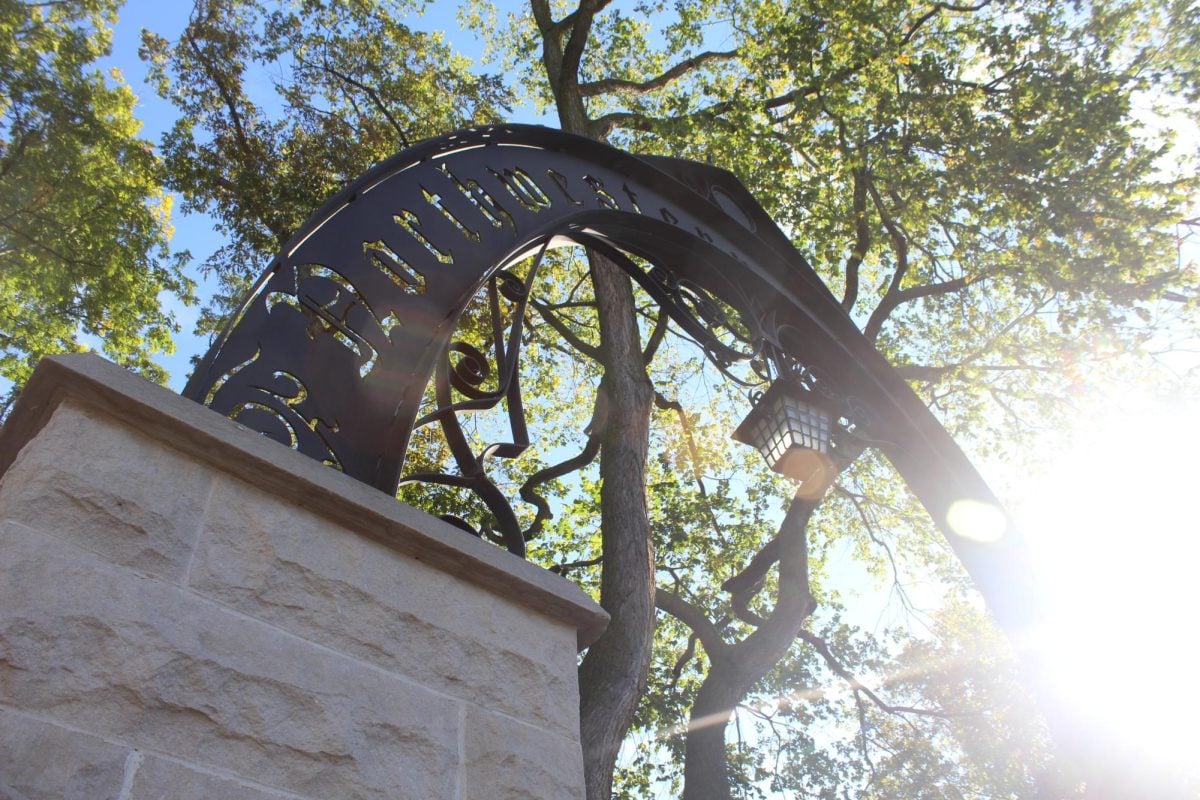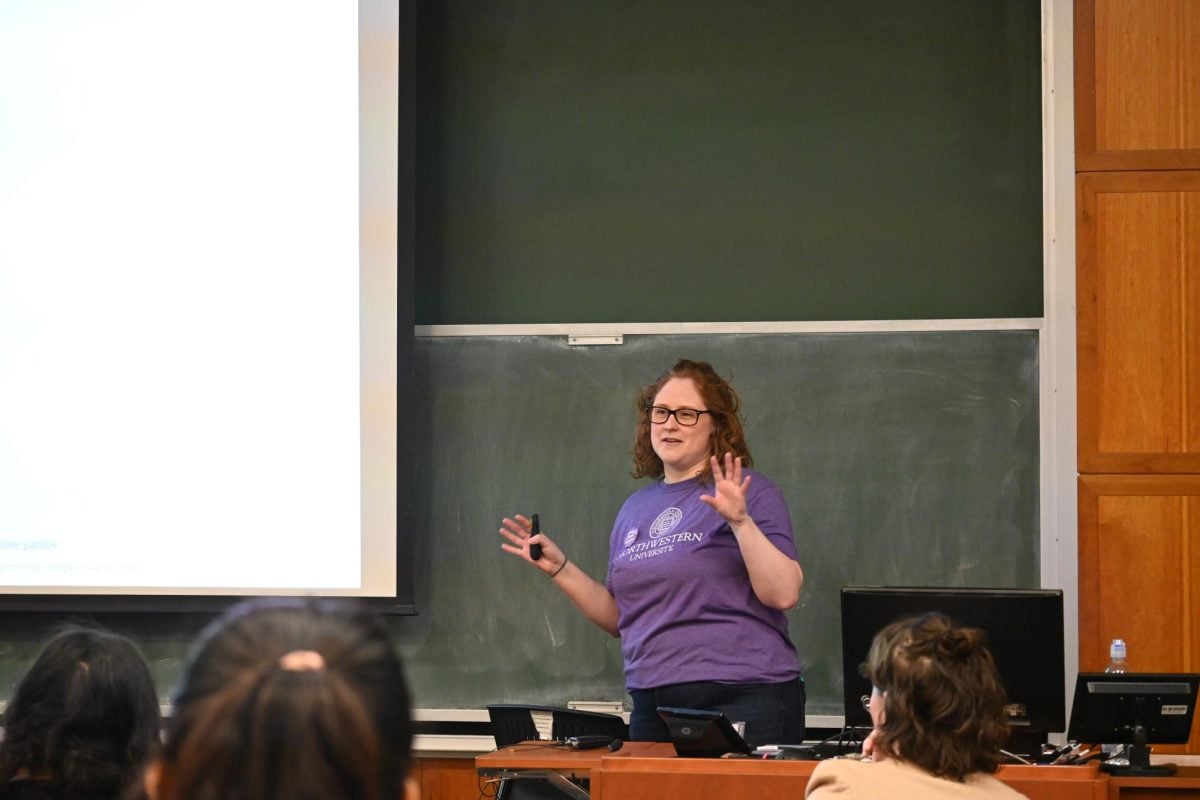Though sweeping changes aren’t in the foreseeable future, Associated Student Government is looking to make incremental improvements to Northwestern’s advising program, according to its Academic Vice President Gabby Daniels.
“We’re working on a few big things, but what we consider a big change is just something that the administration listens to and implements,” Daniels said.
This year, Daniels said she has been urging adjustments in the advising models of each undergraduate school. ASG has been examining NU’s various advising systems to distinguish areas that need improvement.
“We’re looking into every school individually to see what is good and what has worked and what we can implement across all schools,” Daniels said.
Daniels said she hopes to see the role of Student Advisory Boards expand, so that board members can act more like peer advisers by offering other students advice on specific majors. Daniels has been looking most closely at the School of Education and Social Policy’s advising program, which she said receives the most positive feedback from students.
SESP’s Assistant Dean of Student Affairs Susan Olson said all of SESP’s advisers are professional academic advisers who are associated with a concentration or major but who do not have teaching responsibilities. Each SESP student is assigned to an adviser based on his or her academic concentration and then works with the same adviser for all four years of undergraduate study. SESP’s advising model works well because of the small size of the school, which has around 400 undergraduates, Olson said.
“The small size of SESP is a contributing factor to the success of the advising model because advisors are with their advisees the whole time and get to know them really well,” Olson said.
Still, Olson said the advising program that works for SESP may not be practical for other schools, especially the Weinberg College of Arts and Sciences, which boasts over 4000 undergraduate students.
Weinberg’s Associate Dean for Undergraduate Academic Affairs Mary Finn said that rather than trying to copy the advising models of other schools, Weinberg administrators are instead discussing possible improvements within their own model.
“SESP does a great job, but it’s not a viable model for the number of students that we have,” Finn said. “We’re always looking to see what we should improve. We have a fairly complex advising operation, and we try to do well by our students as individuals as much as possible.”
Weinberg sophomore Aimee Peng transferred from Weinberg to SESP – and then back to Weinberg – within a matter of months. She said there were noticeable advising differences.
“It seemed like the SESP advisers have an easier time contacting students, which is probably because they have way fewer students,” Peng said. “The SESP advising programs is really personal and really helpful. It seems like you have to seek out your adviser more in Weinberg.”
Weinberg has a three-part advising program. Freshman advisers are first linked to freshmen seminars. Then Weinberg college advisers work with students from their sophomore year until graduation, and major advisers in all departments help students navigate programs and requirements.
After collecting feedback from a student focus group, the Weinberg Dean’s Office decided to focus on improving coordination between the three areas, Finn said.
“We’re doing a lot more of what we call integration of the three parts,” Finn said. “This year we’re working on having the Weinberg advisers work more with the freshman advisers and work more with the directors of undergraduate studies.”
Finn said one of the aims of increased interaction is to provide Weinberg’s freshman advisers with more resources and more access to the Weinberg college advisers. Moreover, Weinberg has been “really ramping up orientation” in the last couple of years, Finn said.
“This year and last year we held breakfast meetings for freshman advisers,” Finn said. “We had a session on writing, we’ve had a session on CAPS, and we’re having more sessions. We will continue the training of these advisers past the first week of freshman advising.”
Daniels said even small changes to advising models are important, as long as there is increased understanding between faculty and students.
“It’s a symbiotic, mutual relationship,” Daniels said. “You can’t be a good adviser if you have a bad advisee.”







